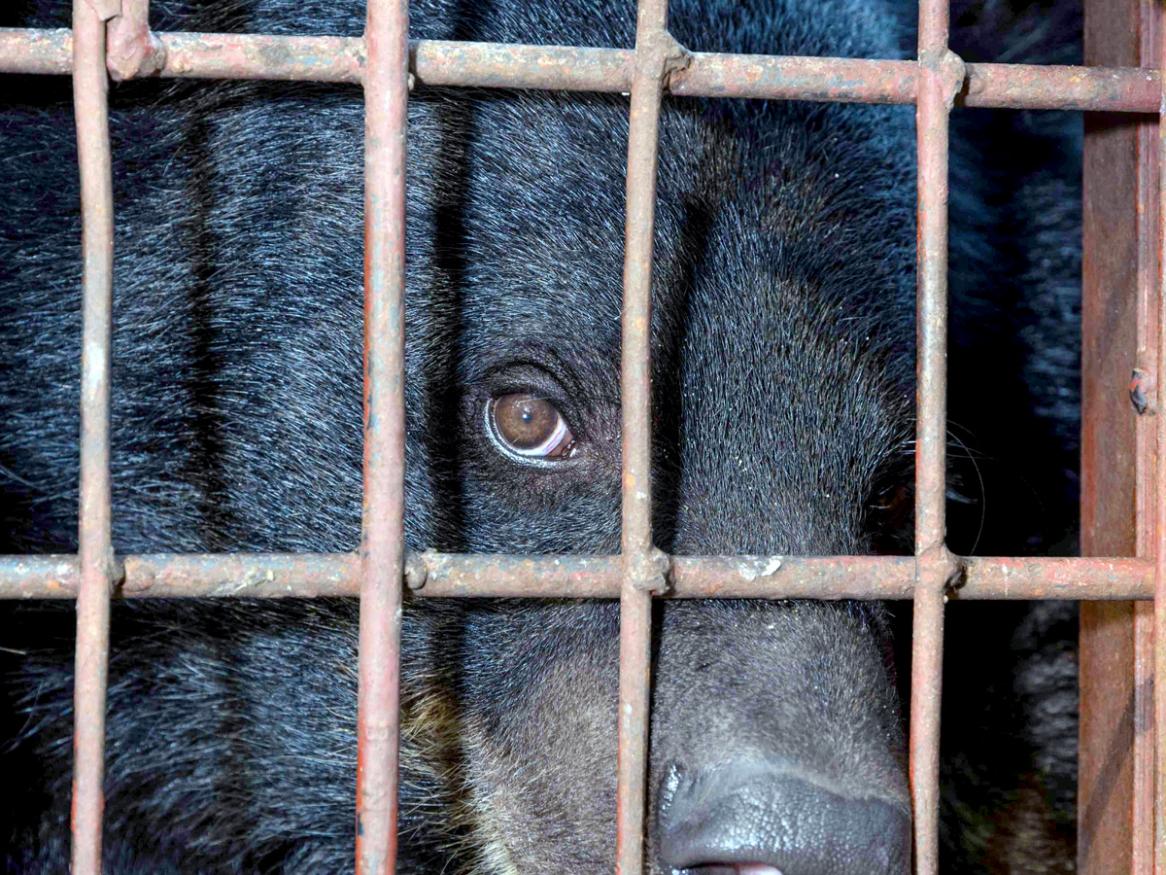News: Environment Institute
Top citizen science projects feature in SA Science Awards

EchidnaCSI has received the Citizen Science Award for Outstanding Science at the inaugural awards for Citizen Science Projects in South Australia.
[Read more about Top citizen science projects feature in SA Science Awards]
Alien organisms – hitchhikers of the galaxy?

Scientists warn, without good biosecurity measures ‘alien organisms’ on Earth may become a reality stranger than fiction.
[Read more about Alien organisms – hitchhikers of the galaxy?]
Fishing for solutions to the plastic problem

More than 35 percent of fish caught in the waters off southern Australia contain microplastics, and the problem is worse in SA - but many people in the fishing industry aren’t aware that we even have an ocean plastic problem.
[Read more about Fishing for solutions to the plastic problem]
How humans catalysed the extinction of the woolly mammoth

New research shows that humans had a significant role in the extinction of woolly mammoths in Eurasia, occurring thousands of years later than previously thought.
[Read more about How humans catalysed the extinction of the woolly mammoth]
Smuggling bear parts in Australia and NZ

Australia doesn’t have any native bears, yet our involvement in the illegal trade of bear parts and products is sadly a different story.
Does Australia have too many kangaroos?

Wildlife scientists have come together to call for urgent reforms to the management of Australia’s kangaroo populations.
Too late for 2050 climate change emissions target

New research from the University of Adelaide says the 2050 target to reduce climate change emissions is too little and too late.
[Read more about Too late for 2050 climate change emissions target ]
Blasting the zombie out of water-saving tech

A team of scientists, including experts from the University of Adelaide, suggest that reliance on modern irrigation technologies as a water-use efficiency strategy is a ‘zombie idea’ – one that persists no matter how much evidence is thrown against it.
[Read more about Blasting the zombie out of water-saving tech]
The illegal wildlife trade has bigger ramifications than you might think

Scientists have highlighted that the illegal and unsustainable global wildlife trade has bigger ramifications on our everyday lives than you might think.
[Read more about The illegal wildlife trade has bigger ramifications than you might think]
Examining Earth’s oldest complex fossils using AI

University of Adelaide scientists will develop computer vision and machine-learning techniques to examine the fossil evidence of the Ediacara Biota – the earliest evidence of complex life.
[Read more about Examining Earth’s oldest complex fossils using AI]
